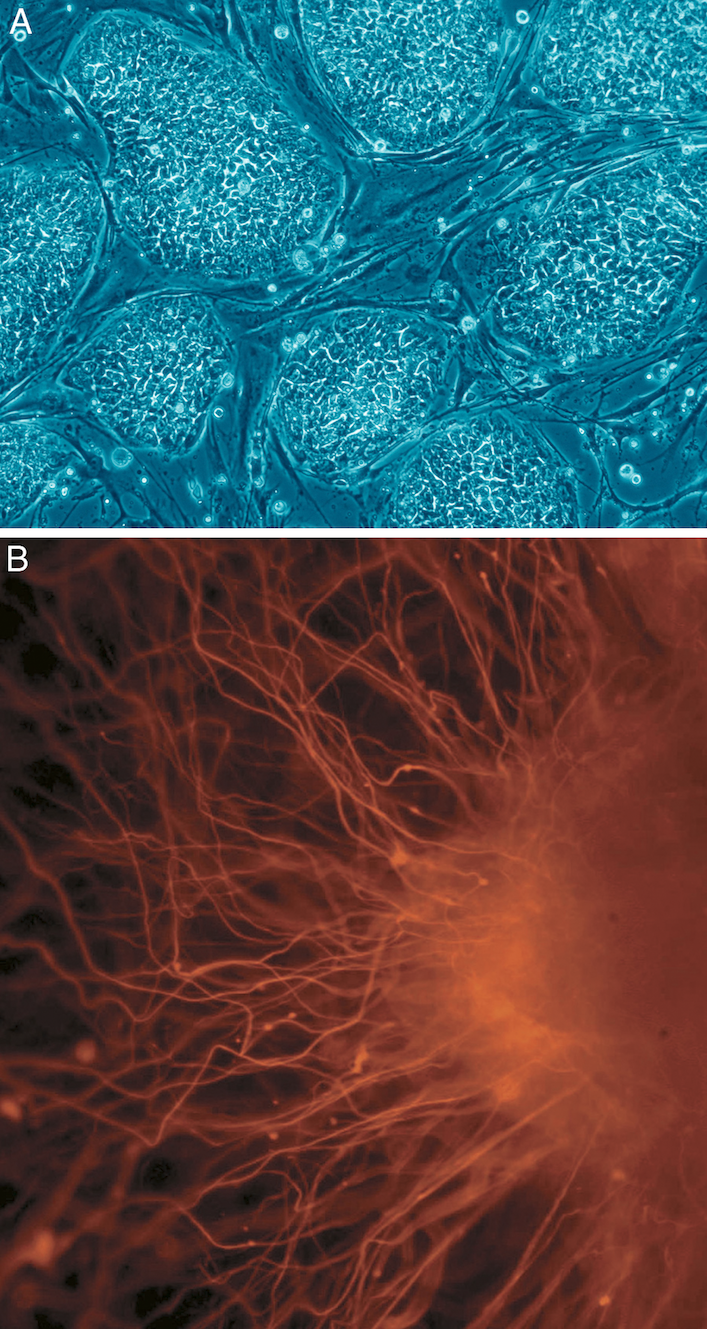
A month ago, a breakthrough in stem cell research occurred at Massachusetts General Hospital in Place, Massachusetts. Researchers claimed that they were able to extract stem cells from human ovaries and successfully harnessed their remarkable functionality to generate fertilizable egg cells. If these results are confirmed, then the sociopolitical debate surrounding the controversy of stem cell research will once again be reignited.
The dispute surrounding stem cell research arose in the national consciousness in 1998, when James Thomson, a researcher at University of Wisconsin-Madison, was able to isolate cells within an embryo and develop the first stem cell lines. Thomson’s research was the first of several breakthroughs that led to a nationwide debate on the ethics surrounding the medicinal and scientific applications of human embryos.
A large number of Americans views the use of human embryos as unethical because of deeply held Christian beliefs that place a great emphasis upon the value of a human life and hold the belief that even unfertilized embryos should remain outside the realm of scientific manipulation and experimentation.
Therefore, the controversy in stem cell research lies in the extraction of the stem cells from human embryos because the extraction process causes the embryo to lose its viability, as it can no longer develop into a fetus. Many Christians view the loss of human embryos natural function as the death of a potential life, simply because they interpret the teachings of the Bible to indicate that all life, from the moment a sperm fertilizes an egg, must be protected.
The controversy surrounding the issue of stem cell research is also fueled by the religious ramifications of humans acquiring the ability to manipulate the development of stem cells and using the potential benefits of that knowledge to improve human health in ways critics argue should be left to God.
Additionally, the rhetorical link between stem cell research and cloning that emerged during the initial controversy has tainted the public image of stem cells and introduced another moral, yet seemingly irrelevant, consideration into the debate (scientists no longer argue that these cells should be used in such a manner).
However, critics of stem cell research allow their religious beliefs to cloud their rational judgment. The rapid development of stem cell research presents a wide array of benefits to all of humanity in the future, with the potential to regenerate damaged organs, mend or replaced seriously damaged or dead tissues, and dramatically decrease society’s reliance on organs donors.
The researches at Massachusetts General Hospital discovered one of these benefits in providing a potential solution to the finite amount of reproductive cells that human females possess for the duration of their lifetimes.
If validated through clinical trials, the research developed by Dr. Jonathan Tilly and his team could help women suffering from infertility by providing new methods of treatment that utilizing stem cells in order to spur egg cell generation within the female ovary or to craft new reproductive cells in a laboratory.
The potential irony in these findings lies in the possibility that stem cell research could lead to the creation of life, an act that incenses the critics who view such research as depriving the donors the ‘gift’ of new human lives each time scientists extract and embryo.
Stem cell research now has the potential to reinvigorate the ability to create life, a discovery that will infuriate naysayers, yet hopefully inspire the goodwill of those it could aid in the future.
